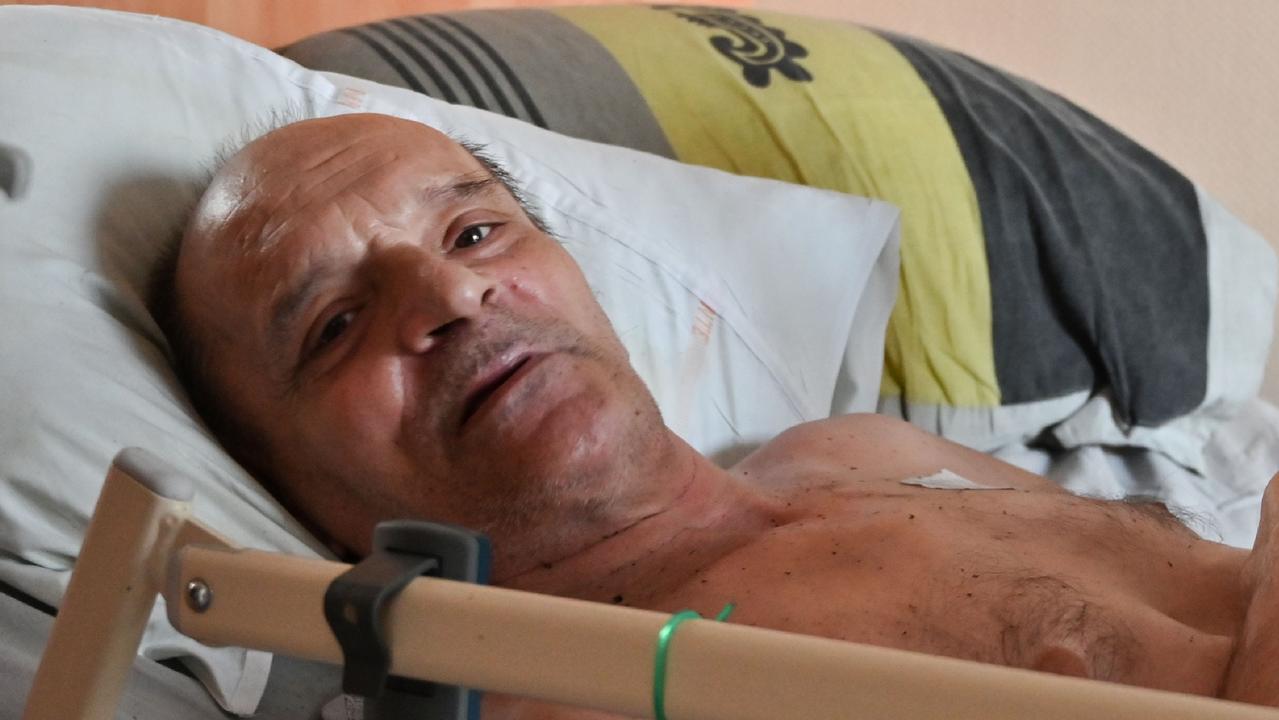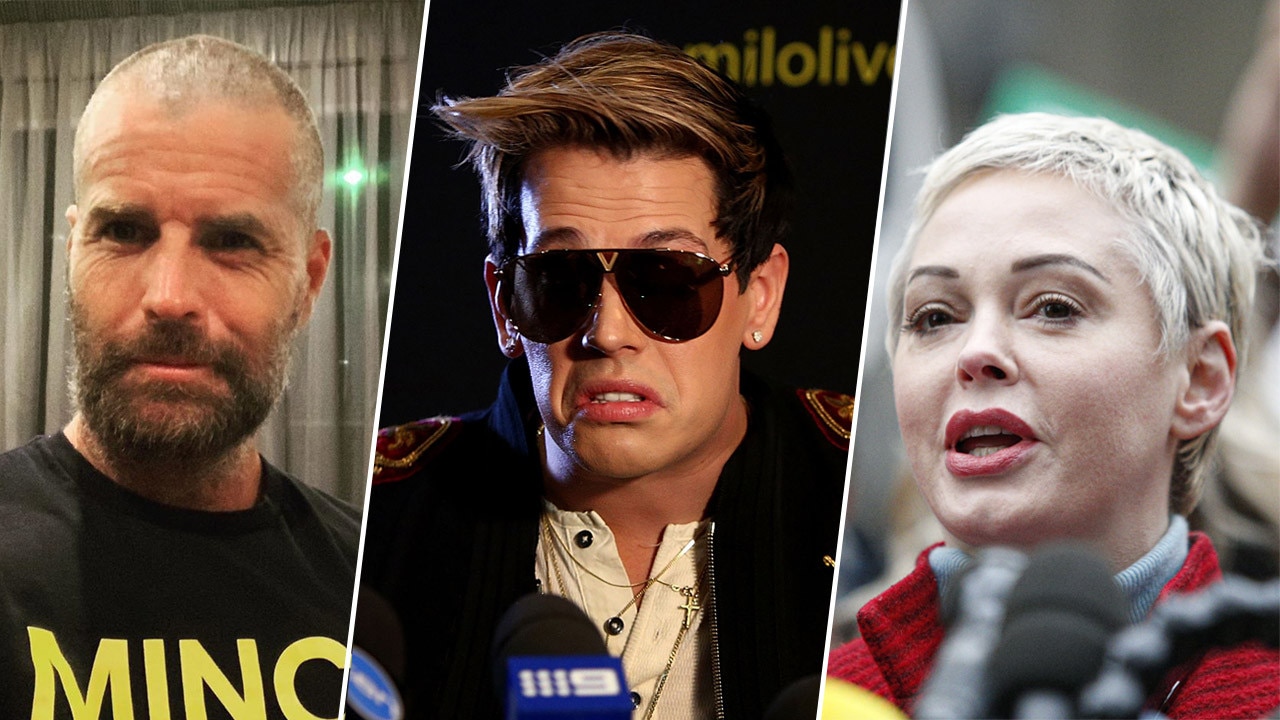Behind Israel Folau’s GoFundMe drama and why some say stricter rules are needed
GoFundMe banned Israel Folau’s controversial $3 million fundraising campaign this week but some social media experts say the site has more work to do.
Online Censorship
Don't miss out on the headlines from Online Censorship. Followed categories will be added to My News.
It was the fundraiser that divided Australia.
A rugby union player, sacked for breaking his contract by publishing anti-gay comments, asked the public to donate $3 million to fight his dismissal.
Debates over discrimination, religious freedom, and the size of his property portfolio raged through newspaper pages, radio airwaves, TV shows, and social media.
And at the centre of it all was an internet platform that sells itself as “the internet’s take-action button”.
More: GoFundMe defends ban on Folau campaign
Opinion: PM showing his strength in all areas but one — Folau
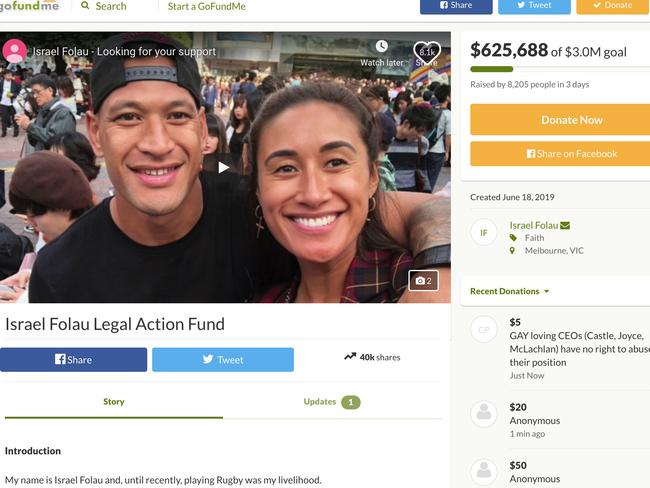
While the tech giant eventually banned the controversial campaign — and cited the good it did in raising money for other causes — social media experts have called for stricter rules around online crowd-funding, greater efforts to promote worthy causes, and for GoFundMe to use the opportunity to redefine itself.
The saga began last Friday when Israel Folau launched his GoFundMe campaign for public donations to fund what he described as “the fight of my life” against Rugby Australia and Rugby NSW.
Within four days, the campaign raised more than $700,000.
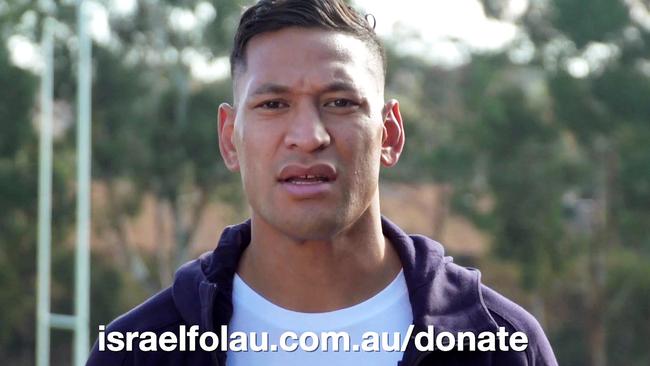
But GoFundMe chief executive Rob Solomon told News Corp Australia the platform was not designed to raise money for such causes, and Folau’s ban earlier this week was for violating rules around funding the legal defence of “intolerance of any kind relating to … sexual orientation”.
Solomon said the site was instead designed to help those in need of financial assistance, and act as a last resort when other avenues were not available.
“When there’s nowhere else to turn, when there isn’t an insurance solution or a non-government organisation solution, people band together here to help each other out,” he said.
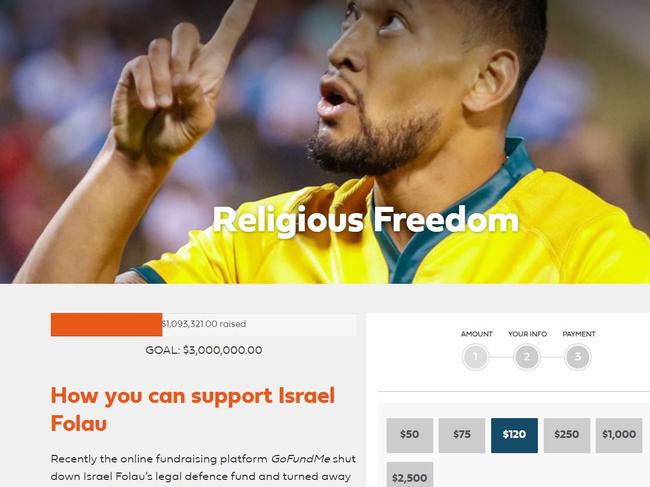
“We’ve gotten to the point now where more than one in 12 Australians have given to a GoFundMe campaign.”
And despite the controversy surrounding GoFundMe this week, Solomon said the extra attention may have achieved some good.
“There’s been a lot of action around the Israel Folau campaign but in that same period of time we’ve seen more than $1 million raised for many different causes across Australia,” he said.
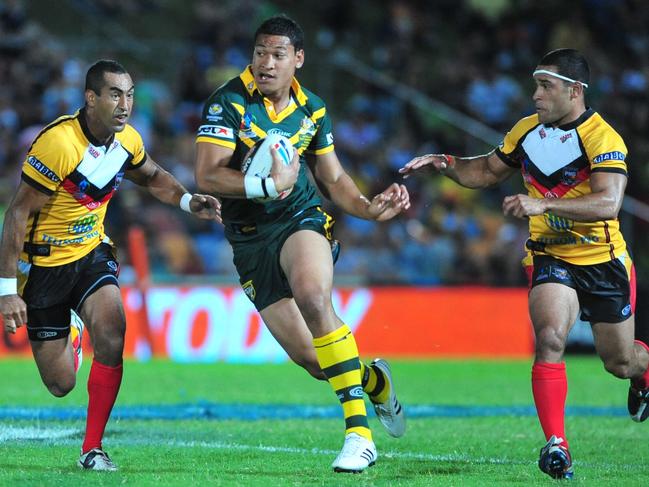
They include $63,000 for the family of photographer Dale Sharpe, killed in a US traffic accident, and $243,000 raised for the treatment of a young boy with stomach tumours.
But other causes on the site have attracted more controversy.
Influencers Catalin Onc and Elena Engelhardt were recently blasted for seeking $16,000 to fund an African holiday because getting a job would have been “detrimental”.
Other campaigns include fundraisers to prove the Earth is flat, to remove a forehead tattoo, and to hang out with Dave Grohl.
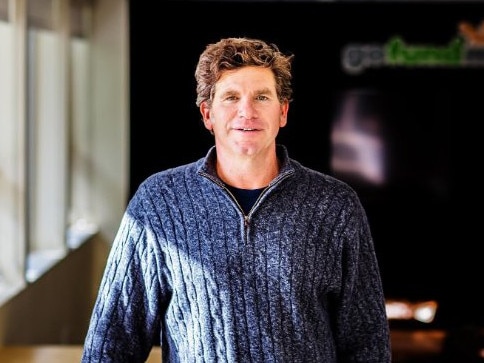
Gloss Marketing and Communications founder Megan De Borrello said campaigns like these were “a slap in the face to poor people out there raising funds for kids with cancer,” and the crowd-funding platform needed to redesign its eligibility rules.
“They have a social responsibility to tighten up their terms and conditions and the types of pages they allow,” Ms De Borrello said.
“GoFundMe is a bit of a joke sometimes because anyone can go there and ask for money, where it should be about serious causes.”
Social media expert Meg Coffey also argued GoFundMe should use its moment in the spotlight to redefine the company’s brand and “to say this is what we intended”.
But Solomon said while the company was cracking down on fraudulent campaigns, including unauthorised and duplicate fundraisers, it would continue to host both frivolous and serious causes and let donors decide which to support.
“The ultimate arbiter of whether a campaign is worthy is the local community, the friends, the family, the broader community,” he said.
Originally published as Behind Israel Folau’s GoFundMe drama and why some say stricter rules are needed

